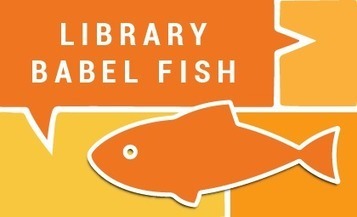Since it’s Open Access Week, I finally got around to reading a paper I’d bookmarked a few weeks back, “The Future of OA: A Large-Scale Analysis Projecting Open Access Publication and Readership.” Written by Heather Piwowar, Jason Priem, and Richard Orr, the wizards behind Our Research, a non-profit devoted to developing infrastructure for open research, it makes a measured assessment of how much open access research is being read, what form it takes, and whether being published in an open access form makes a difference in readership and (by extension) in impact. Their analysis is based on the Unpaywall data set and access logs from the handy browser extension that lets you see if there is a legit open access version of a paper. (In other words, it doesn’t include papers publishers want to keep behind a paywall, just papers that are open access from the start, open access after a period of time, or open access because the publisher gave authors the explicit right to post them openly.)
Research and publish the best content.
Get Started for FREE
Sign up with Facebook Sign up with X
I don't have a Facebook or a X account
Already have an account: Login
Literacy in a digital education world and peripheral issues.
Curated by
Elizabeth E Charles
 Your new post is loading... Your new post is loading...
 Your new post is loading... Your new post is loading...
|
|











